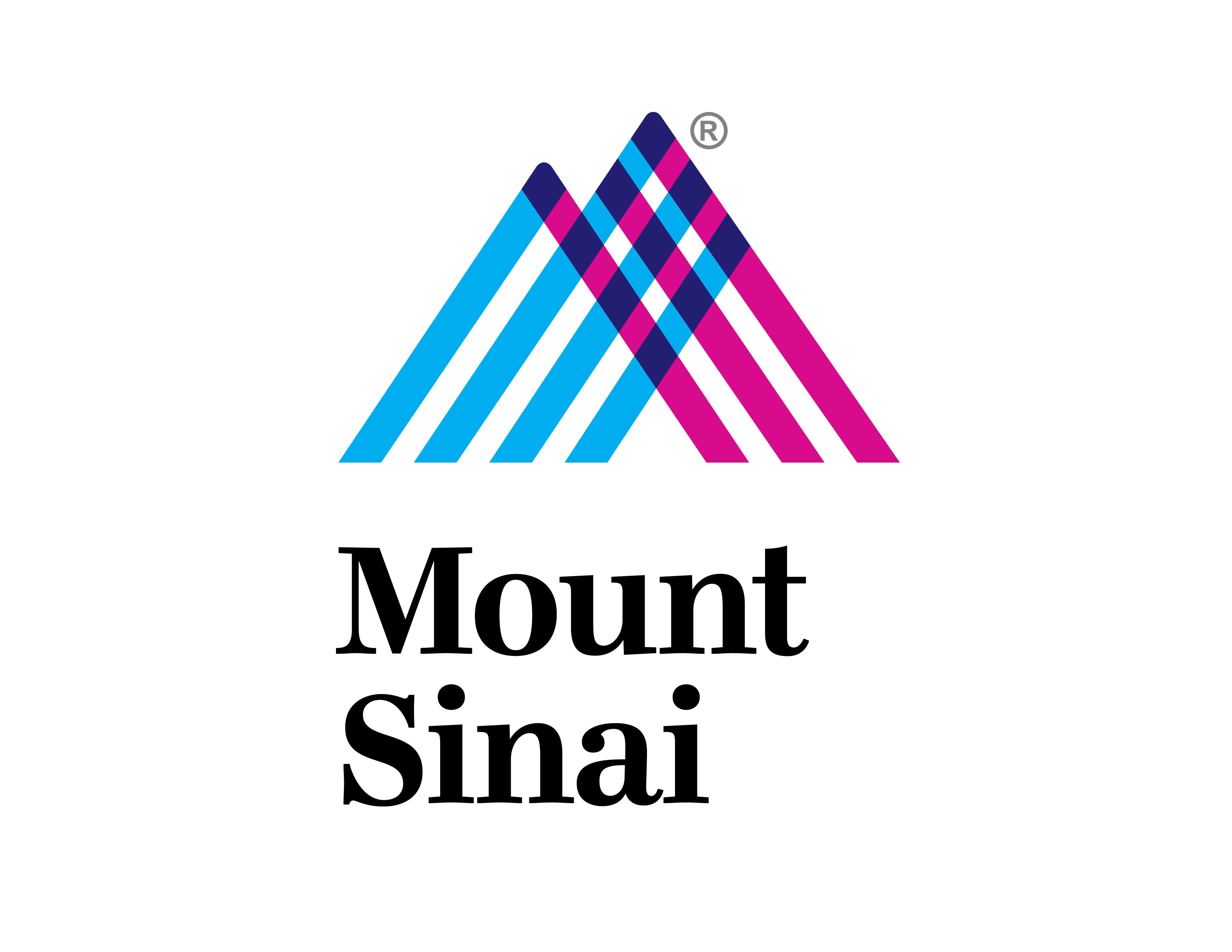
OR WAIT null SECS
Q3 2025 Recap: Gastroenterology News and Updates
The Q3 recap for gastroenterology spotlights key FDA decisions, new AGA gastroparesis guidelines, and other top GI news and research.
The third quarter of 2025 brought several regulatory updates, announcements of clinical trial data, and new guidelines in gastroenterology.
In US Food and Drug Administration (FDA) news, the Agency approved a subcutaneous (SC) induction regimen of guselkumab (Tremfya) for ulcerative colitis (UC), accompanied by GALAXI trial program data about the selective IL-23p19 inhibitor’s role in evolving care paradigms for Crohn’s disease (CD) and phase 3 induction trial data supporting the use of obefazimod (ABX464) for UC.
Q3 also saw the publication of new research on irritable bowel syndrome (IBS), including the potential of a novel, 9-week, manualized, phone-delivered, IBS-specific positive psychological intervention for improving psychological and IBS-related outcomes as well as IBS in America survey findings on challenges faced by patients with IBS.
Check out this recap of what made headlines in Q3 of 2025:
AGA Releases Gastroparesis Clinical Practice Guideline, Highlights Unmet Needs
On September 19, 2025, the AGA released its clinical practice guideline on the management of gastroparesis, offering 12 conditional recommendations for ensuring an accurate diagnosis and identifying evidence-based, effective treatments among the available pharmacologic and procedural interventions for patients with idiopathic gastroparesis or gastroparesis related to diabetes.
Related: Controversy and Clarity in New AGA Gastroparesis Guidelines, With Kyle Staller, MD, MPH
FDA Approves Guselkumab (Tremfya) Subcutaneous Induction Regimen for Ulcerative Colitis
On September 19, 2025, the FDA approved a SC induction regimen of guselkumab (Tremfya) for the treatment of adults with moderately to severely active UC, making guselkumab the first and only IL-23 inhibitor to offer both SC and intravenous (IV) induction options for the treatment of UC and Crohn’s disease.
Related: Guselkumab Subcutaneous Induction Advances Ulcerative Colitis Care, With David Rubin, MD
GALAXI Findings and Guselkumab’s Role in Crohn’s Disease Care, with Bruce Sands, MD
Data from the GALAXI trial program evaluating guselkumab (Tremfya), a selective IL-23p19 inhibitor, provide clinicians with critical insight into how this therapy may fit into evolving care paradigms for CD following its March 2025 approval for this indication. Bruce Sands, MD, Dr. Burrill B. Crohn Professor of Medicine at the Icahn School of Medicine at Mount Sinai, reviews key findings and their implications for the broader treatment landscape.
Obefazimod Meets Primary Endpoint in Phase 3 ABECT Program for Ulcerative Colitis
On July 22, 2025, Abivax SA announced positive topline results from its phase 3 ABTECT-1 (Study 105) and ABTECT-2 (Study 106) 8-week induction trials evaluating obefazimod (ABX464) in adult patients with moderately to severely active UC. Results showed obefazimod met its FDA primary endpoint of clinical remission at week 8 in the 50 mg once-daily dose regimens for both trials.
Positive Psychological Gut-Brain Behavior Therapy Shows Early Benefit for IBS
New research sheds light on the potential benefit of Well-being in IBS: Strengths and Happiness (WISH), a novel, 9-week, manualized, phone-delivered, IBS-specific positive psychological intervention, for improving psychological and IBS-related outcomes. Use of the positive psychological-based gut-brain behavior therapy was explored in a proof-of-concept trial, with findings highlighting its feasibility, acceptability, and early benefits for IBS symptom severity, IBS HRQoL, depression, GI symptom-specific anxiety, pain catastrophizing, avoidant/restrictive eating behaviors, physical activity engagement, and resilience.
Despite Advances, IBS Continues to Impact Patients' Daily Lives, Productivity
Despite recent advancements in public awareness and treatment options for IBS, a new survey from the AGA and The Harris Poll suggests IBS symptoms continue to significantly impact patients’ daily lives and productivity. Specifically, findings from the IBS in America survey shed light on persistent challenges faced by patients with IBS as well as shifts in patient experiences, health care provider perceptions, and the treatment landscape for IBS from a similar study conducted in 2015.



